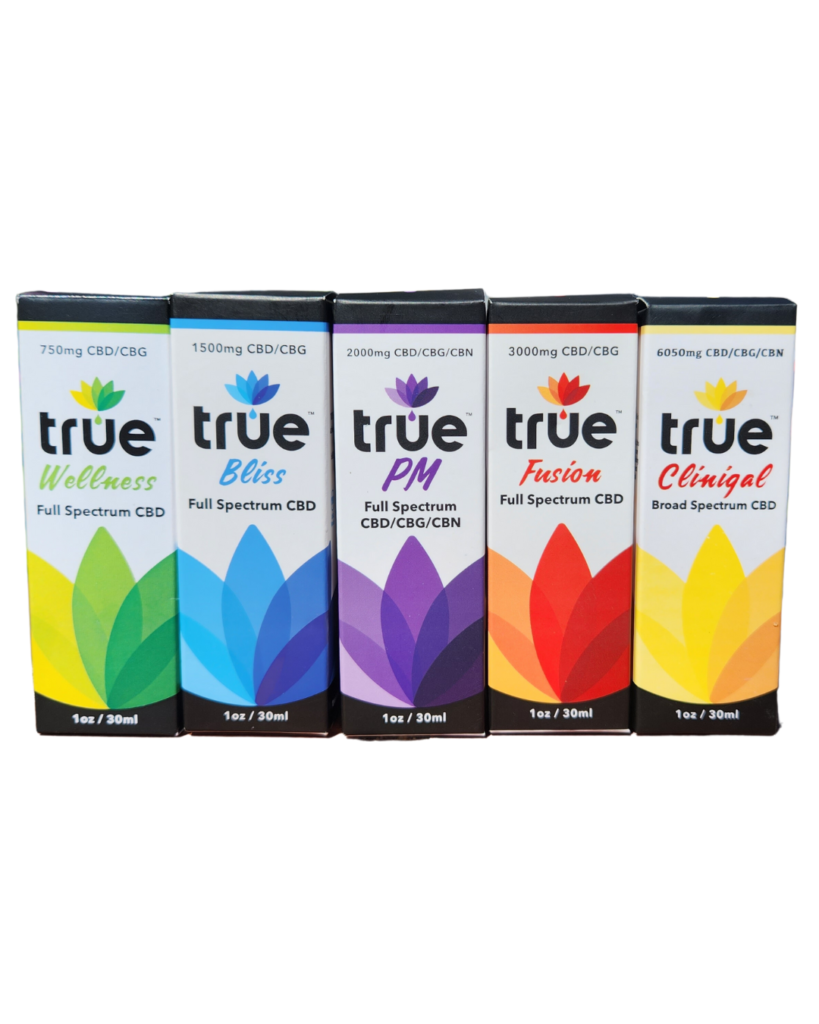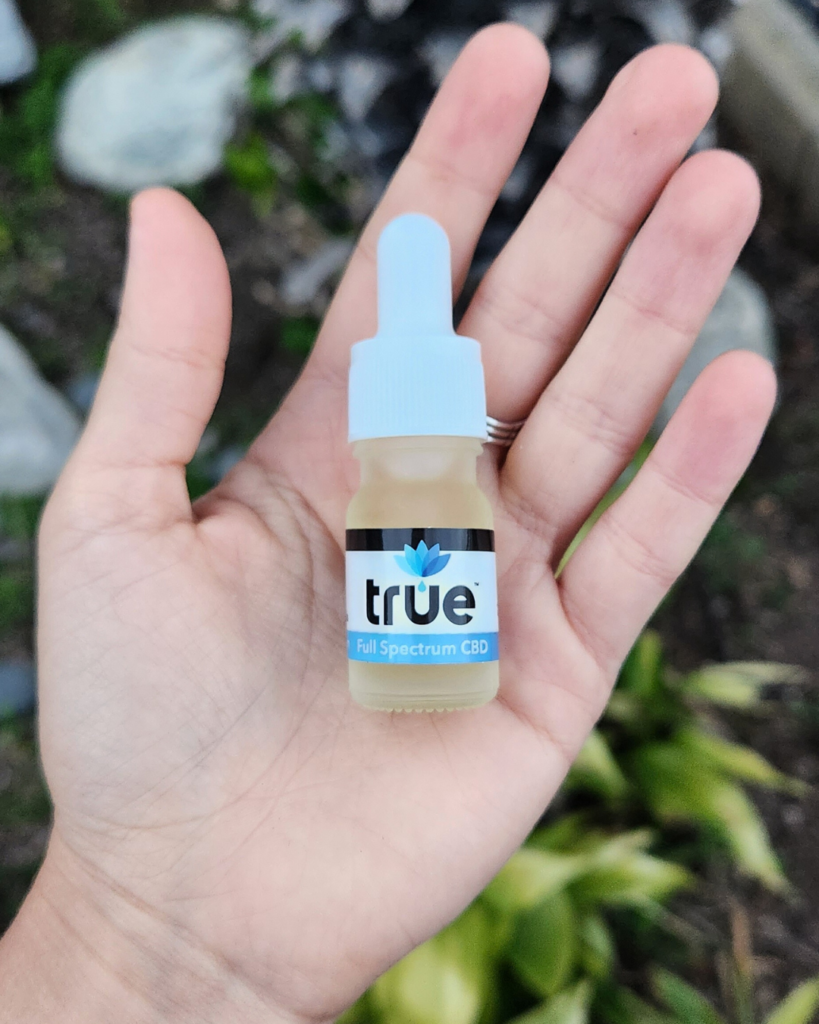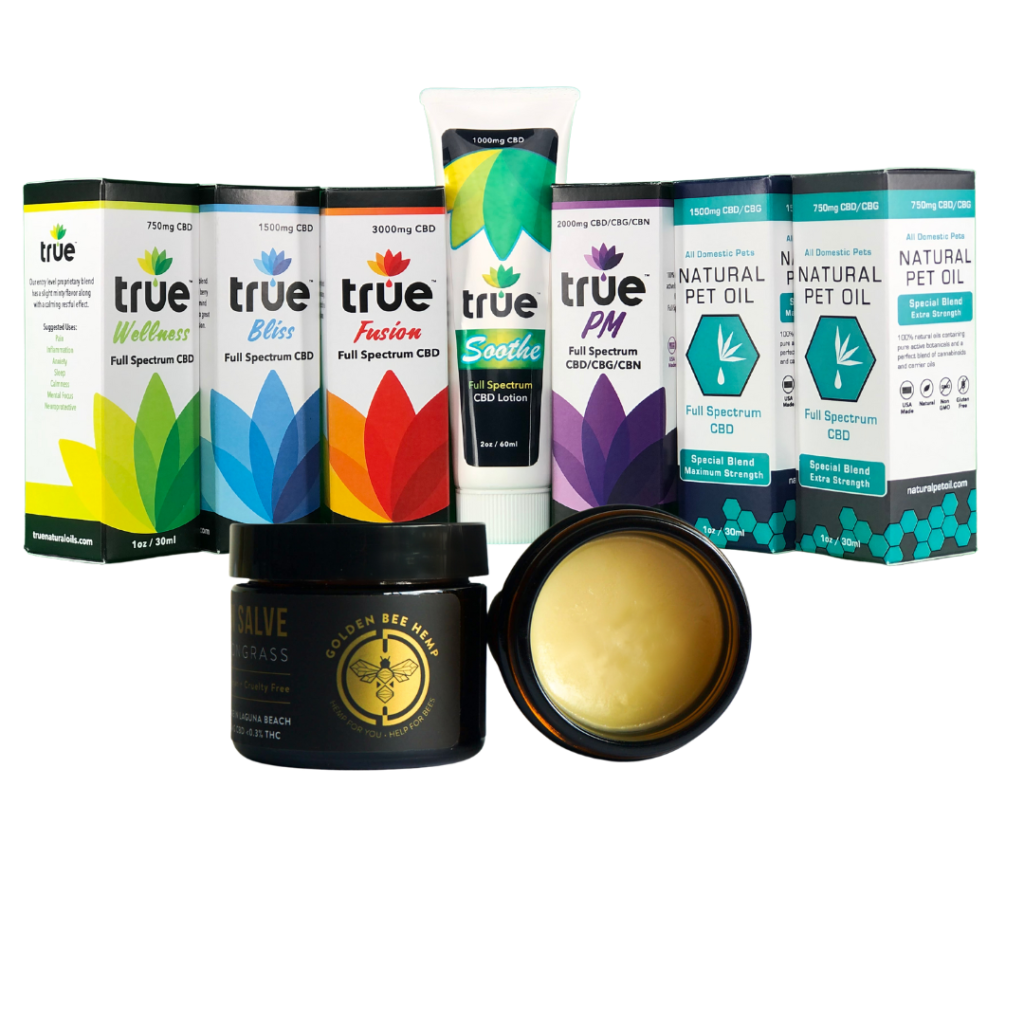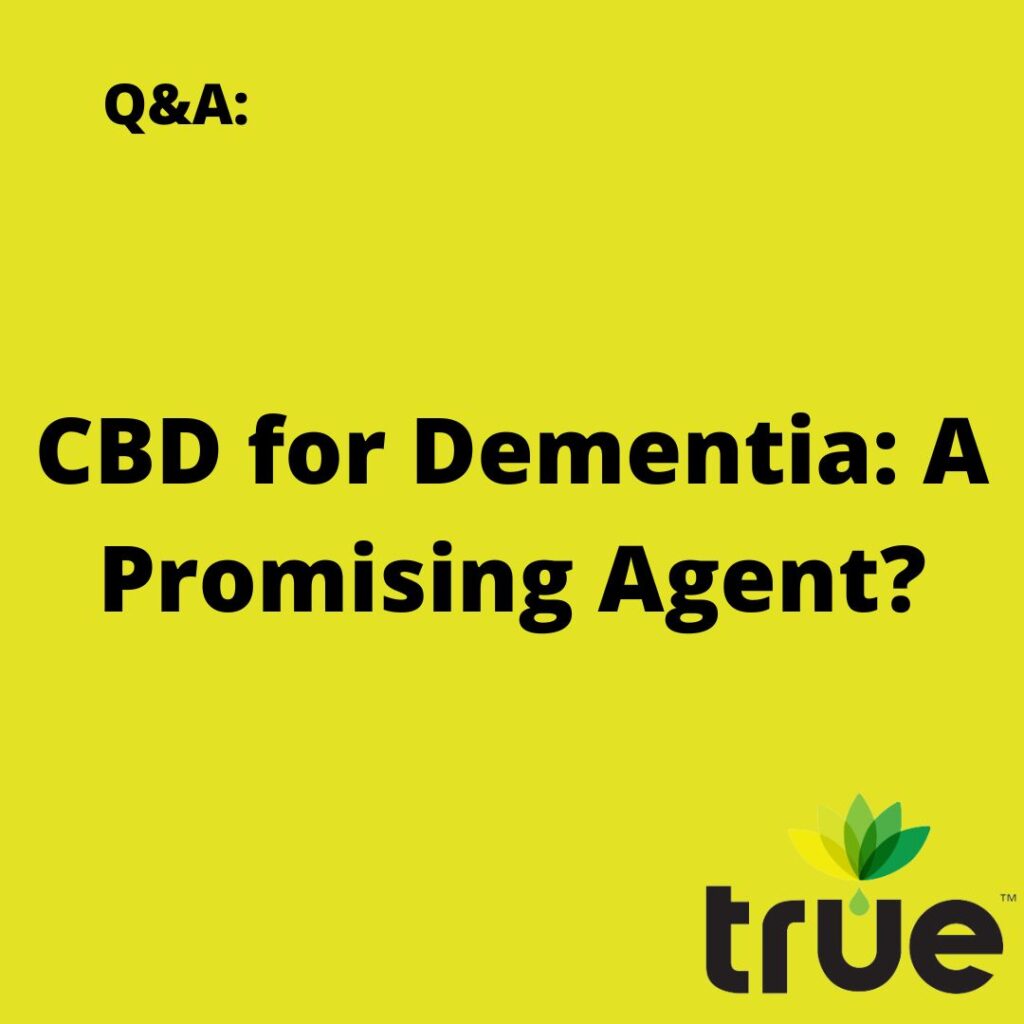ALL PRODUCTS IN THE MONTH OF DECEMBER :
BUY ONE GET ONE FREE !! $$ALE !!
VISIT OUR WEBSITES FOR THE DISCOUNT
TRUENATURALOILS.COM
AND
NATURALPETOIL.COM

ALL PRODUCTS IN THE MONTH OF DECEMBER :
BUY ONE GET ONE FREE !! $$ALE !!
VISIT OUR WEBSITES FOR THE DISCOUNT
TRUENATURALOILS.COM
AND
NATURALPETOIL.COM

**Now until midnight on Nov. 30th !! Receive 35% off entire order!!**. Join in on beginning your Holiday shopping for tremendous savings. Discount code: BLACKFRIDAY35

CBD (cannabidiol), the main active ingredient in our products has gained popularity for its potential therapeutic benefits. Our CBD products have been to seen to help with several issues that can be more prevalent during the fall season:

Shop Our Lab-Tested, Pharmacist- Formulated Full Spectrum Oils Now!
Disclaimer: Not Medical Advice.
In this CBD basics training video, Rylee and Robin discuss why CBD can be beneficial, and what an “Endocannabinoid Deficiency” is.
They touch on some benefits of CBD, including anti-anxiety, immune system regulation, pain relief, sleep, and inflammation reduction.
They also discuss what to expect when starting CBD. With different Cannabinoids in all their products, Rylee goes into the difference between THC/CBD/CBG/CBN, and why each one can be beneficial.
Robin then shares information on CBD dosage for pets while referencing different studies, and explaining the benefits seen in the each study.
Rylee then dives into the carrier oil for the True Natural Oils & Natural Pet Oil Products: MCT oil. Rylee explains why Medium Chain triglycerides are beneficial for the bioavailability of CBD & for managing energy.
Safety & Dosing is then spoken about by both Robin and Rylee in terms of the best way to take CBD, pharmaceutical drug interactions, how CBD is metabolized in the body, toxicity, and other safety concerns.
At the end, Clint speaks on testing and the quality of our products. Watch our Part 2 for Question & Answers from our team-members!
In the most simplistic terms, our Formulas are designed with a concentration to that can be begun dosing at ¼ of a dropper, and then increasing every 3 days or so until “The Sweet Spot” is reached. “The Sweet Spot” signifies the spot at which you do not notice an increase in benefits from taking a higher dosage. At that point, you reduce dosage to when you stopped seeing benefits.
We recommend starting at night, and then trying to incorporate into both Day + Night depending on desired results.
A low dosage of CBD is typically between 5-20mg per day. This may be suitable for individuals who are just starting with CBD or have a low body weight, or less symptoms to treat.
A high dosage of CBD can range from 50-150mg per day or more for Chronic Conditions.
The time it takes for CBD oil to take effect can vary depending on several factors, such as the method of consumption, the dosage, and the individual’s metabolism. Generally, when CBD oil is ingested orally, it can take anywhere from 30 minutes to two hours to feel the effects.
CBD works with your endocannabinoid system in an interesting way; the more you consume it, the more receptive your body becomes to it. It might take some people a couple of months of continuous CBD consumption in order to fully experience the benefits of the compound. For others, they may experience effects right away. You may have different experiences with CBD from your peers because each body’s biological makeup & balance within homeostasis is different.
Also to note: CBD does NOT make you high and you will probably not feel any immediate effects when taking it. Rather, you may gradually notice the absence of some of your ailments.
Sublingual consumption (placing the oil under the tongue) can lead to faster onset of effects as it is absorbed into the bloodstream more quickly.
Topical application of CBD oil may also take some time to show effects and can depend on the area of the body where it is applied. The back of the neck has the most receptors.
Research suggests that CBD can have a half-life of 18 to 32 hours, which means that it can take around four to five days for the compound to be eliminated from the body. However, the time it takes for CBD to build up in the bloodstream and become noticeable can depend on the individual’s body chemistry and the frequency and dosage of CBD consumption.
Some signs that your pet (or you) may be benefitting from CBD oil include:
Reduced anxiety or stress
Improved mobility and joint health
Improved appetite and digestion
Improved skin (or coat) health
Improved sleep quality
It is important to keep track of yours and your pet’s behavior and health before and after starting CBD oil to determine if it is helping.
A 2011 review article published in the journal Current Drug Safety titled “Safety and Side Effects of Cannabidiol, a Cannabis sativa Constituent.” The article summarized the existing preclinical and clinical studies on the safety and side effects of CBD and concluded that CBD is a safe and well-tolerated compound, even at high doses up to 1,500 mg/day, in humans.
No. In contrast to pharmaceutical antidepressants, CBD does not have addictive properties. You can start and stop using it at any time without side effects. In fact, CBD is even being tested to help treat addiction (Devries ands Schoffelmeer 2005; Mahler, Smith, and Berridge 2007, Gerdeman et al. 2003b).
No. In 2000, there was a study published by The Kennedy Center of Rheumatology titled, “The Nonpsychoactive Cannabis Constituent Cannabidiol is an Oral Anti-arthritic Therapeutic in Murine Collagen-induced Arthritis”. The study reports that “prolonged treatment with CBD does not induce tolerance, a phenomenon often observed by cannabinoids”. This means that in contrast to many Pharmaceuticals, you will not develop a tolerance, or a reduction in efficacy as you use Cannabinoids in the treatment of your ailments. Additionally, the study ends by summarizing, “all of this suggests that CBD may be valuable in the treatment of other chronic inflammatory diseases as well.”
It’s important to take note of small changes in health to see how CBD is affecting you – good and bad. As with any supplement or medication, CBD can have side effects, but they are generally mild.
For humans& pets, some potential side effects of CBD include:
It is important to note that the side effects of CBD are generally mild and rare, but can vary depending on the individual and the dose.
CBD, or cannabidiol, is the most abundant non-psychoactive cannabinoid found in the cannabis plant. It has gained popularity in recent years due to its potential therapeutic effects, which include reducing anxiety, inflammation, and pain. CBD works by interacting with the body’s endocannabinoid system (ECS), which is a complex signaling system that regulates various physiological processes such as mood, appetite, and immune function.
CBG, or cannabigerol, is a lesser-known cannabinoid that is found in smaller amounts in the cannabis plant. It is considered a “stem cell” or “mother” cannabinoid because it is a precursor to other cannabinoids such as THC and CBD. CBG has been studied for its potential anti-inflammatory, antibacterial, and neuroprotective effects. CBG has also been studied for its potential use in treating glaucoma, inflammatory bowel disease, and other medical conditions.
CBN, found in our PM Formula, or cannabinol, is a mildly psychoactive cannabinoid that is formed as THC breaks down over time. It is found in small amounts in fresh cannabis plants but is more abundant in aged or oxidized cannabis. CBN is known for its potential sedative effects and is being studied for its potential use in treating insomnia, pain, and other medical conditions.
The use of CBD in children is a controversial topic, and there is limited research on its safety and effectiveness in children. For us, we use the same logic for children as we recommend for puppies: unless there is a specific condition you are looking to treat, let the child/puppy mature and equilibrate to their environment before providing a supplement.
In some cases, CBD has been prescribed by healthcare providers for children with severe epilepsy or other medical conditions, but this is done on a case-by-case basis.
Cathi’s Mom was diagnosed with Dementia (Alzheimer’s) shortly before her husband died, which exacerbated her condition from the trauma and extreme stress of losing her beloved spouse. Luckily, her daughter, Cathi, was able to recommend True Natural Oils CBD based upon the success she had seen from giving Natural Pet Oil CBD to her dogs, and for her own PTSD, anxiety, and sleep.
Her mom has seen a massive boost in cognition, mood, pain, memory, and stress management due to taking our entry level formula “Wellness” (59.99+ 10% off first order with discount code: “letstalkaboutcbd”).
Cathi speaks on how True Natural Oils has boosted her own quality of life, as well as her mom’s, pet’s, and husband’s.
Nurses at her mom’s hospice care center have also taken note of the benefits True Natural Oils has made, and are now recommending it to their patients and their families.
For clinical evidence of CBD’s therapeutic properties for Neuroinflammation in Dementia, read our blog post here.

Shop Our Lab-Tested, Pharmacist- Formulated Full Spectrum Oils Now!
Recently I stumbled upon some research that I just had to share. If you are anything like me and like to treat yourself to an alcoholic beverage every now and then (or more than every now and then) and detest that nasty hangover, then this one’s for you…
Based on this research, I now vow to always consume Cannabinoids alongside my alcohol consumption to help mitigate negative effects.
We all are somewhat aware that alcohol is essentially poison, but let’s get into what it really does so we can understand how to combat its negative effects…
Alcohol has been shown to cause damage to the frontal and temporal lobes of the brain, in particular by inducing neuroinflammatory mediators and/or oxidative stress. These brain regions are known to be associated with problem solving, attention, information processing, learning, and memory.
Since CBD has neuroprotective effects that prevent oxidative damage, it has been considered for the treatment of cognitive impairments caused by alcohol. These effects of CBD have been hypothesized to be mediated by the 5HT1A (serotonin), or CB2 receptors.
These exciting results have been reported to support the potential therapeutic benefits of CBD for Alcohol Use Disorder, particularly in the areas of neurodegeneration, hepatotoxicity (chemical-driven liver damage), and cognition. Additionally, CBD can have a therapeutic effect in alcoholic liver diseases characterized by inflammation, oxidative stress, and steatosis (the abnormal retention of fat within a cell or organ).
There are several proposed mechanisms through which cannabinoids (and CBD in particular) may confer beneficial effects in the context of Alcohol Use Disorder (AUD). First, CBD may directly impact specific brain mechanisms underlying AUD to influence alcohol consumption and the clinical features of AUD.
Second, CBD may influence AUD symptoms through its actions across the digestive, immune, and central nervous systems, collectively known as the microbiota-gut-brain axis (MGBA). These MGBA disruptions have been associated with AUD symptoms such as craving and impaired cognitive control.
Furthermore, Preclinical data suggest that cannabinoids may confer beneficial effects on the gastrointestinal and immune system. These findings include reducing intestinal permeability, regulating gut bacteria, and reducing inflammation. Thus, cannabinoids may exert AUD harm-reduction effects, at least in part, through their beneficial actions across the MGBA.
Not to mention the effects alcohol has on dehydration. Electrolytes are what our bodies need to absorb water and remain hydrated. When people drink alcohol or caffeine, or exercise, not only do they become more dehydrated, but any water consumed after is not as effective due to a low balance of electrolytes. Insufficient electrolyte replenishment is a leading cause of why over 75 percent of people are chronically dehydrated.
With cannabis now legal in several U.S. states and industrialized hemp production legal nationwide, consumer curiosity in alternative forms of stress-release and relaxation is piqued. Whether it is tetrahydrocannabinol (THC), CBD, or other botanicals with purported relaxation benefits, consumers are interested in trying drinks that support their desire to slow down, market research firms say.
I hope you have learned from our research, like we have greatly. If you are one of these people looking to try alternative forms of stress-release, or just something to help balance out the negative effects of booze when you do choose to consume, take a look at our products.

Shop Our Lab-Tested, Pharmacist- Formulated Full Spectrum Oils Now!
Written by: Rylee Josipovich, Founder of Golden Bee Hemp & Robin H. McDonald, RPh, Research & Product Development Specialist for Natural Oils Inc.
If you are ready to feel well rested and relaxed, then this is the podcast for you!
Exploring CBN as the “Mother” or “Sleepy” Cannabinoid, we discuss how these natural substances can help calm the body and the mind and help us drift off peacefully into dreamland!
We expel myths about CBD “being addictive,” and explore how these natural supplements can help the body in many ways to bring the body back to balance & homeostasis!
Hormones, Menopause, Melatonin Production, Mood, Seasonal Depression or “SADD” are also discussed in relation to CBD/CBN and as benefits from our products!
Listen in to find out how CBD can help you navigate Stress, Calm, Focus, Anxiety, Mood & more!

Shop Our Lab-Tested, Pharmacist- Formulated Full Spectrum Oils Now!
…
Article Robin was referencing:
“Therapeutic properties of multi-cannabinoid treatment strategies for Alzheimer’s disease
Frontiers in Neuroscience; Lausanne (Sep 2, 2022). DOI:10.3389/fnins.2022.962922”Coles, Madilyn; Steiner-Lim, Genevieve Z; Karl,is Tim.
Alzheimer’s disease is the leading cause of dementia accounting for 60% to 80% of all cases. The impairments of memory and thinking in Alzheimer’s disease have been linked to two abnormal features in the brain—amyloid plaques and neurofibrillary tangles. The damage associated with plaques and tangles leads to the death of neurons in regions essential to memory and thinking and eventually spreads to other areas of the brain as well.
For most people with Alzheimer’s disease, worsening problems with memory are the most prominent early symptom of the disease. Although people with Alzheimer’s are frequently able to recall events from many years ago, they have profound difficulty acquiring new memories. That’s partly because the hippocampus and other structures in the brain’s memory network are particularly vulnerable to the damage from Alzheimer’s disease. A person with dementia may ask a question, get an answer, then ask the same question a few minutes later. As we now know, dementia is a result of neurodegeneration; more specifically, the death of neurons that control memory and thinking.

The Endocannabinoid System takes part in the regulation of neurogenesis and neurodegeneration. Most studies suggest that endocannabinoid signaling is usually beneficial. The cannabinoid receptors CB1, CB2 and a protein coupled receptor GPR55 take part in the regulation of neurogenisis or neuronal rebuilding. Endocannabinoid signaling may also be beneficial because of its impact on halting neurotoxicity and neuroinflammation. It has been shown that deletion of CB1 accelerates brain aging through tumor necrosis factorα(TNF-α ), while CB1 binding decreases neuroinflammation.
The odd positive impact of ECS activation on cognitive enhancement may be also due to CB2 anti-inflammatory action or the impact of emotional state on learning and memory, all of which are modulated by ECS. Recent studies have shown CB2 presence in the central nervous system. In particular, it has been demonstrated that CB2 receptors are expressed in cells of the brain such as microglia, astrocytes and neurons in areas including the hippocampus, striatum and brain stem.
Furthermore, it has been suggested that CB2 receptors could represent a promising therapeutic target in several neurodegenerative disorders, such as Alzheimer’s disease, Huntington’s disease, amyotrophic lateral sclerosis (ALS), and multiple sclerosis. In particular the activation of CB2 receptors might affect disease progression through the regulation of neurotransmission and neuronal function. Interestingly, the most largely studied mechanism of neuroprotection involves the anti-inflammatory effects of the CB2 receptors. This is of particular relevance considering that neuroinflammation is a crucial component of Dementia pathogenesis.
As the population ages and people live longer, dementia has become one of the most important health challenges in the world. The WHO estimates that around 50 million people have dementia worldwide and every year there are nearly 10 million new cases. The estimated proportion of the general population aged 60 and over with dementia at a given time is between 5–8%. The total number of people with dementia is projected to reach 82 million in 2030 and 152 in 2050.
REF:

Shop Our Lab-Tested, Pharmacist- Formulated Full Spectrum Oils Now!

Written by: Robin H. McDonald, RPh, is a registered pharmacist in Newport Beach, California. She received her B.S. from the University of Pittsburgh, School of Pharmacy, in 1991. She has enjoyed many facets of her career over the last 31 years. Including her retail pharmacy practice, she also has been an independent pharmacist, compounding pharmacist and a regional Pharmacy scheduler for a small retail pharmacy company in Birmingham, Alabama. Her interest in the health benefits of CBD oil was piqued when she became witness to the healing potential of CBD.
To this day, Robin has semi-retired from retail pharmacy practice which allows her to devote dedicated time to research and development into the expanding forefront of CBD oil and its benefits. Robin is also dedicating research to a broad range of botanical benefits, including CBD, for skincare purposes. Robin enjoys living in Newport Beach with her loving husband, Bill.